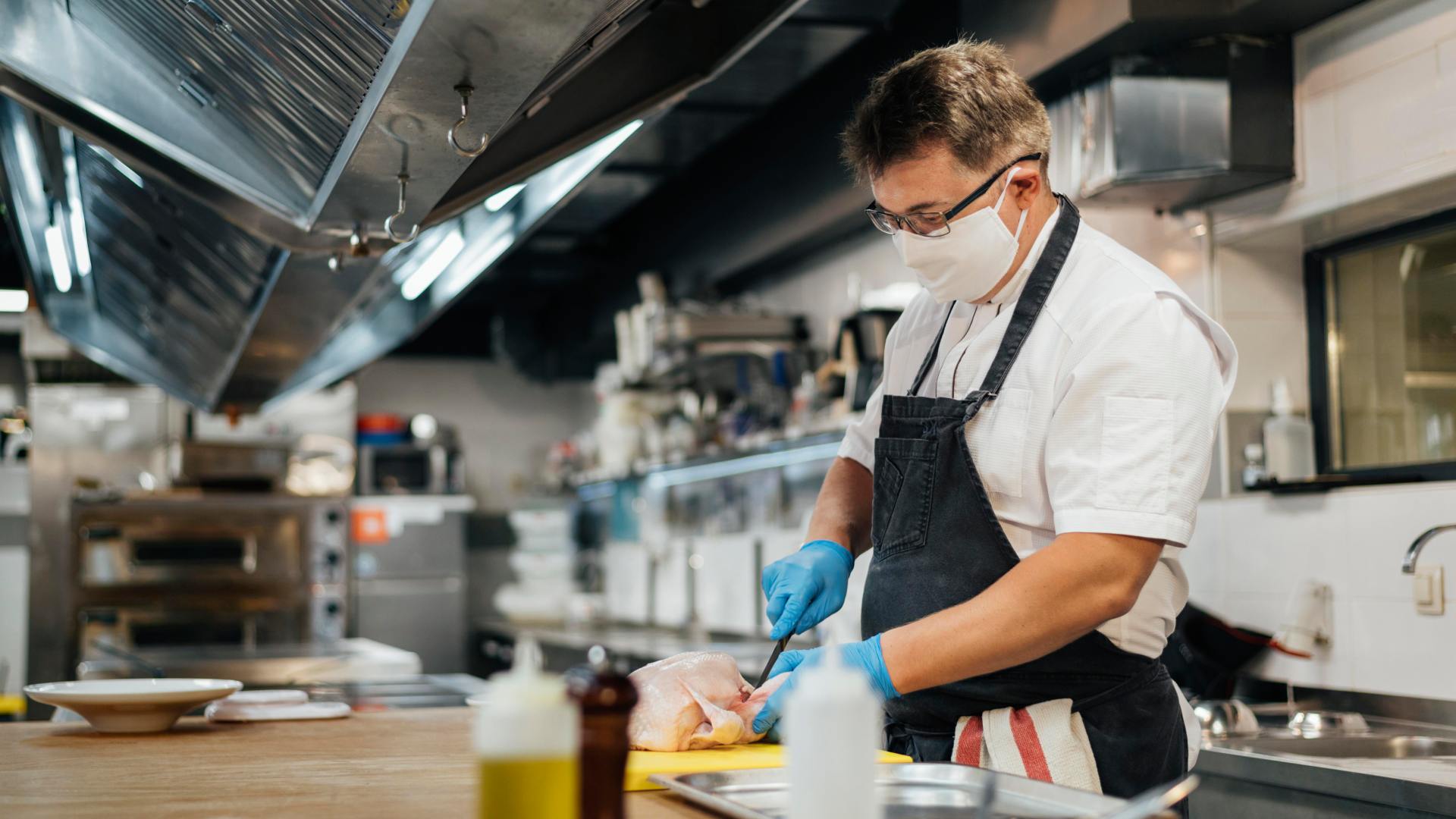Introduction: More Than Just Cleanliness
When we talk about food safety and food hygiene, it’s not simply about keeping the kitchen clean. It’s about protecting customers, ensuring compliance with strict regulations, and building long-term trust in your food business. In Singapore, where the food and beverage (F&B) industry thrives, proper food hygiene practices are non-negotiable.

1. Protecting Public Health
The primary reason food safety matters is consumer health. Poor hygiene can lead to contamination, foodborne illnesses, or even public health crises.
- Contaminated food can cause serious illnesses like salmonella or E. coli.
- One incident can harm dozens of customers — and permanently damage your brand.
By following food hygiene standards, businesses safeguard not only their customers but also their reputation.
2. Meeting Legal and SFA Requirements
In Singapore, the Singapore Food Agency (SFA) mandates that all food handlers must be properly trained and certified.
- Food Safety Course Level 1 is compulsory for food handlers.
- Businesses that fail to comply risk fines, closure, or license suspension.
Proper training ensures your staff know how to prepare, store, and handle food safely — keeping your business legally compliant.
3. Building Customer Trust and Loyalty
Customers today are more aware than ever about hygiene. They notice details like:
- Staff wearing gloves and hairnets
- Clean dining areas and utensils
- Proper handling of takeaway and delivery orders
Good hygiene practices translate into trust and repeat business. One positive dining experience can bring customers back, while one negative experience can drive them away permanently.
4. Empowering Your Staff with Skills
Food safety is also about equipping your staff with the right knowledge and confidence. With proper training:
- Staff can recognise potential hazards.
- They learn correct procedures for cleaning, storage, and cross-contamination prevention.
- They feel empowered to maintain standards every day.
This not only improves operations but also reduces costly mistakes.
5. Supporting the Future of F&B in Singapore
Food safety is more than an internal practice — it’s an industry-wide standard that keeps Singapore’s F&B sector globally competitive. By prioritising hygiene and safety:
- Businesses contribute to Singapore’s reputation as a food-safe nation.
- Consumers gain confidence in eating out or ordering delivery.
- The industry grows stronger and more sustainable.
Take the First Step with Training
Food safety and hygiene are not optional — they are the foundation of a successful F&B business. Whether you’re a food handler, manager, or business owner, proper training ensures compliance, protects your customers, and strengthens your operations.
👉 At Xprienz, we offer WSQ-accredited Food Safety Courses that meet SFA requirements and give your team the skills they need to uphold the highest standards.
FAQ Section
Q. Why is food safety important in Singapore’s F&B industry?
A. Food safety protects public health, prevents foodborne illnesses, and ensures customer trust. In Singapore, it’s also a legal requirement under the Singapore Food Agency (SFA).
Q. Is food hygiene training mandatory in Singapore?
A. Yes. All food handlers must complete the WSQ Food Safety Course Level 1 before starting work. The certificate is valid for 5 years and refresher training is required.
Q. What happens if food hygiene rules are not followed?
A. Businesses risk SFA fines, license suspension, or closure. One hygiene mistake can also damage your reputation and customer loyalty.
Q. Which food safety course is required by SFA in Singapore?
A. The compulsory course is WSQ Food Safety Course Level 1. Supervisors and managers often take Level 2 to oversee food hygiene operations.
